 Moves to amend Republic Act No. 11203 or the rice tariffication law (RTL) of 2019 illustrate the “no free lunch” principle quite aptly. Politicians promise us that the amendments will bring down domestic rice prices by up to P30 per kilo. Is that possible? Well, yes. But it would mean putting money in our right pocket by taking it out of our left pocket. It’s we taxpayers who will end up paying more so that we rice eaters will pay less. And this subsidy would be done in a roundabout way with high administrative costs, and quite likely, leakages into wrong pockets—so in the end, we will take out from our left pocket more than what we get in our right pocket. In short, though not obvious to most, we ultimately pay even more for the “cheaper” rice!
Moves to amend Republic Act No. 11203 or the rice tariffication law (RTL) of 2019 illustrate the “no free lunch” principle quite aptly. Politicians promise us that the amendments will bring down domestic rice prices by up to P30 per kilo. Is that possible? Well, yes. But it would mean putting money in our right pocket by taking it out of our left pocket. It’s we taxpayers who will end up paying more so that we rice eaters will pay less. And this subsidy would be done in a roundabout way with high administrative costs, and quite likely, leakages into wrong pockets—so in the end, we will take out from our left pocket more than what we get in our right pocket. In short, though not obvious to most, we ultimately pay even more for the “cheaper” rice!
Note, too, that studies have always shown our overall tax system to be regressive. Translation: it puts a heavier burden on the poor, who pay a higher percentage of their incomes in taxes than the rich (because most of the taxes we all pay are indirect taxes on goods and services we buy). That means it’s also the poor who the rice subsidy will hurt more. In the end, no one gets better off (and many get worse off)—except proponents who may win more votes by making people believe they did them a favor. Sadly, in the reality of Philippine politics and governance, that’s enough motivation for policymakers to support patently bad policies—and this has been the story of our laggard nation over decades.
The key amendment being pushed is to let the National Food Authority (NFA) trade in rice again, a function the RTL removed precisely because of the distortions and malpractices that it bred and perpetuated for decades. When I first joined government as an assistant secretary at the National Economic and Development Authority in 1990, NFA figured prominently in many meetings I attended. It was the second top contributor to the persistently huge public sector deficit at the time, next to the oil price stabilization fund that oil industry deregulation later abolished. This left NFA as the top drain on public coffers, with the agency’s debt running into triple digits of billion pesos; it was P158 billion by the time the RTL was enacted.



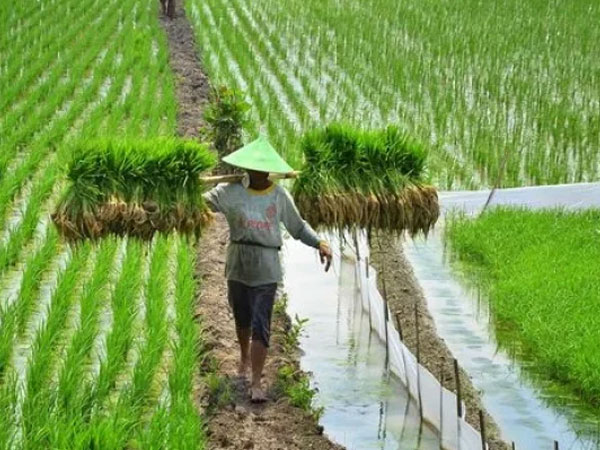

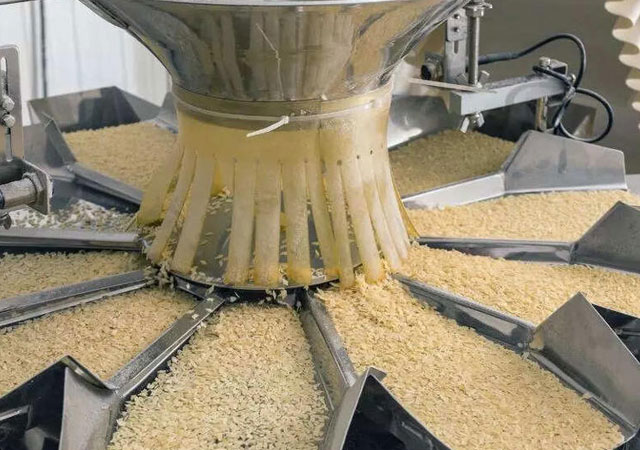




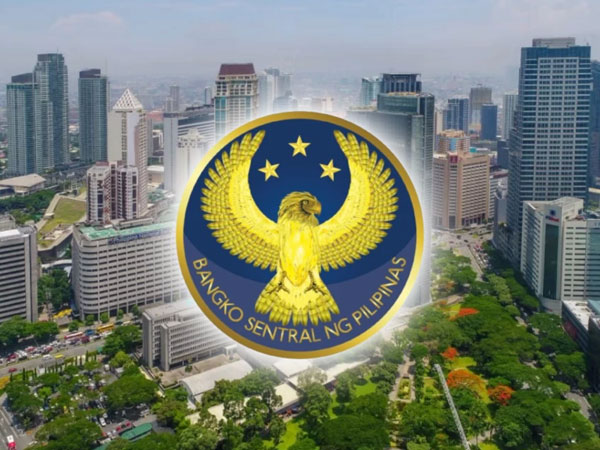
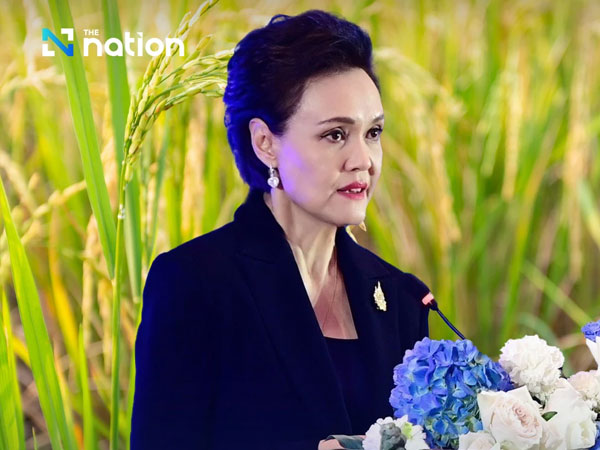
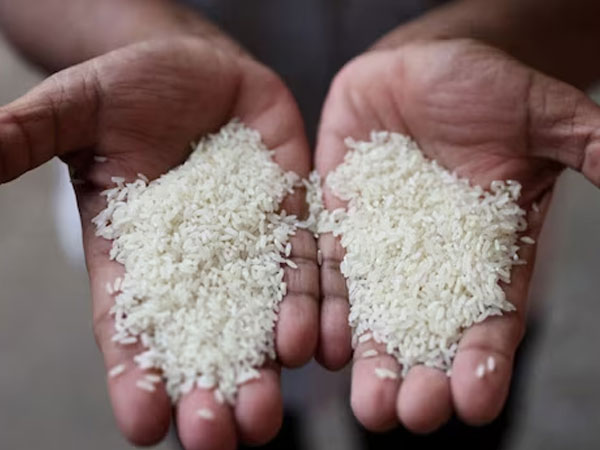

© Copyright 2025 The SSResource Media.
All rights reserved.